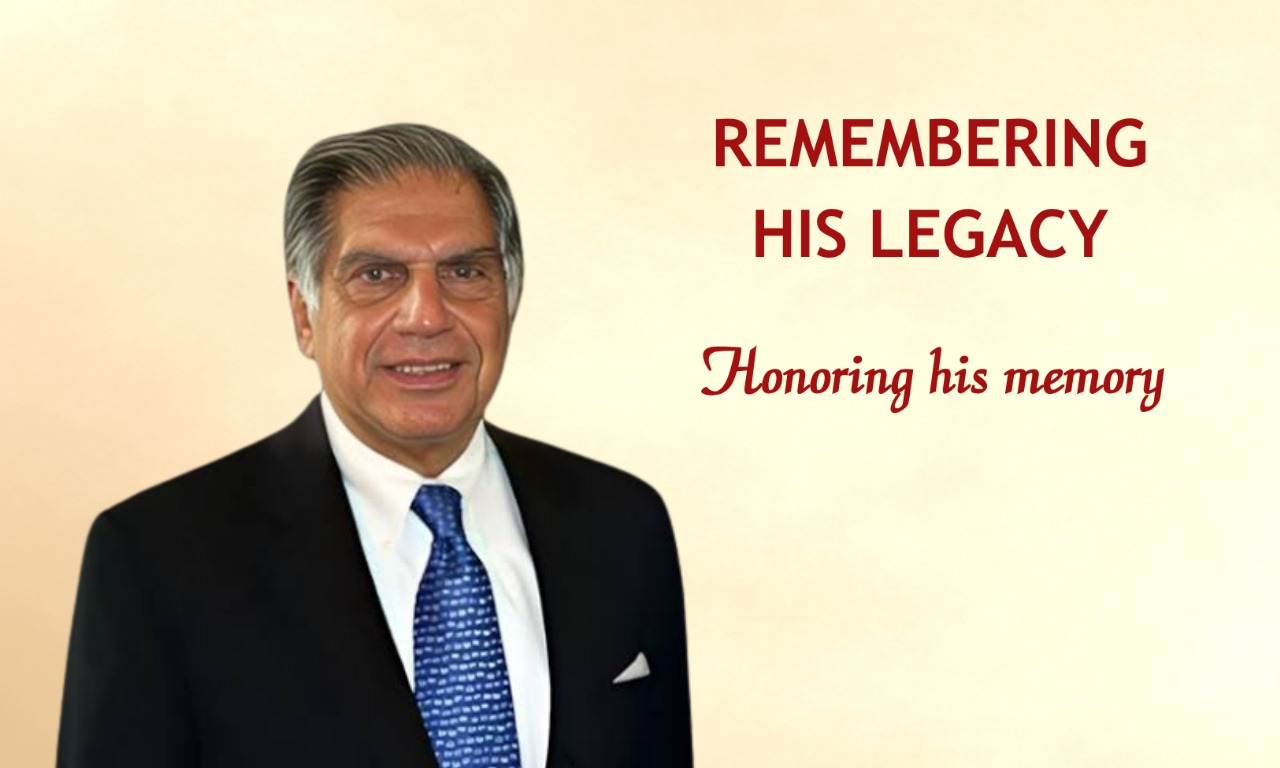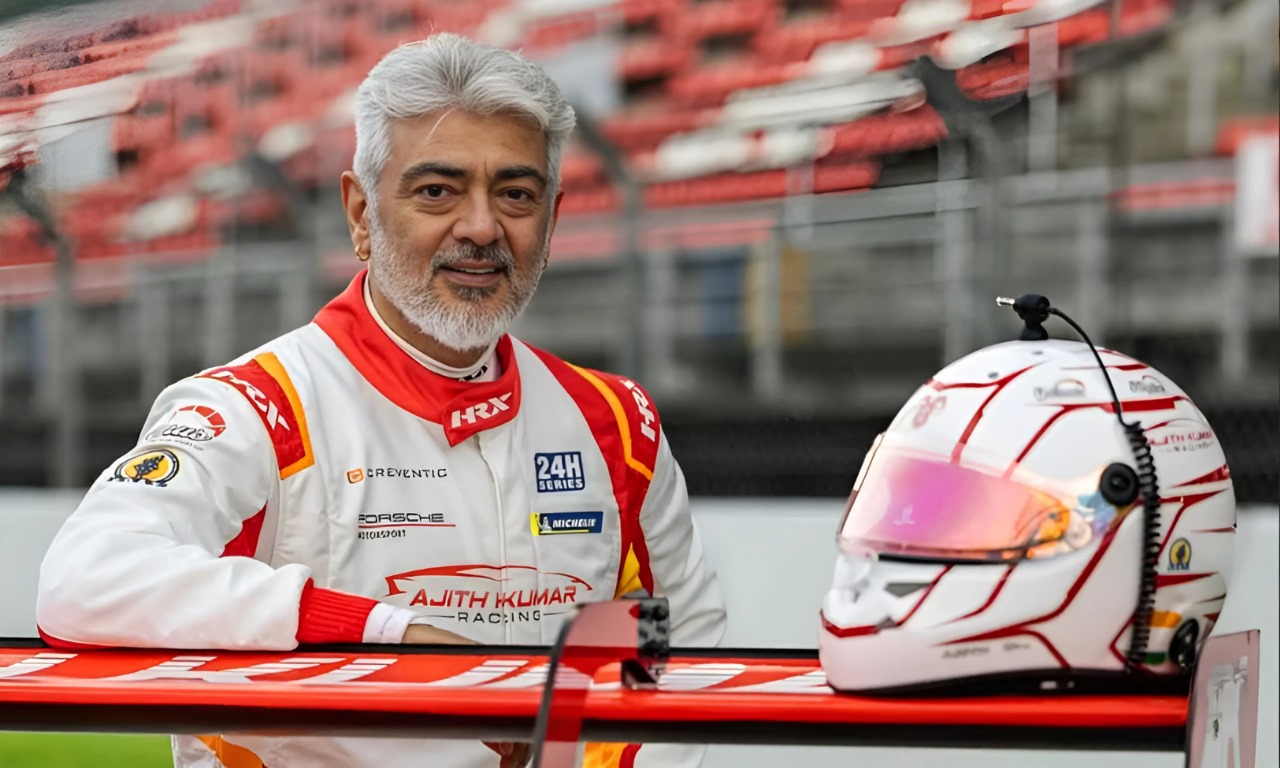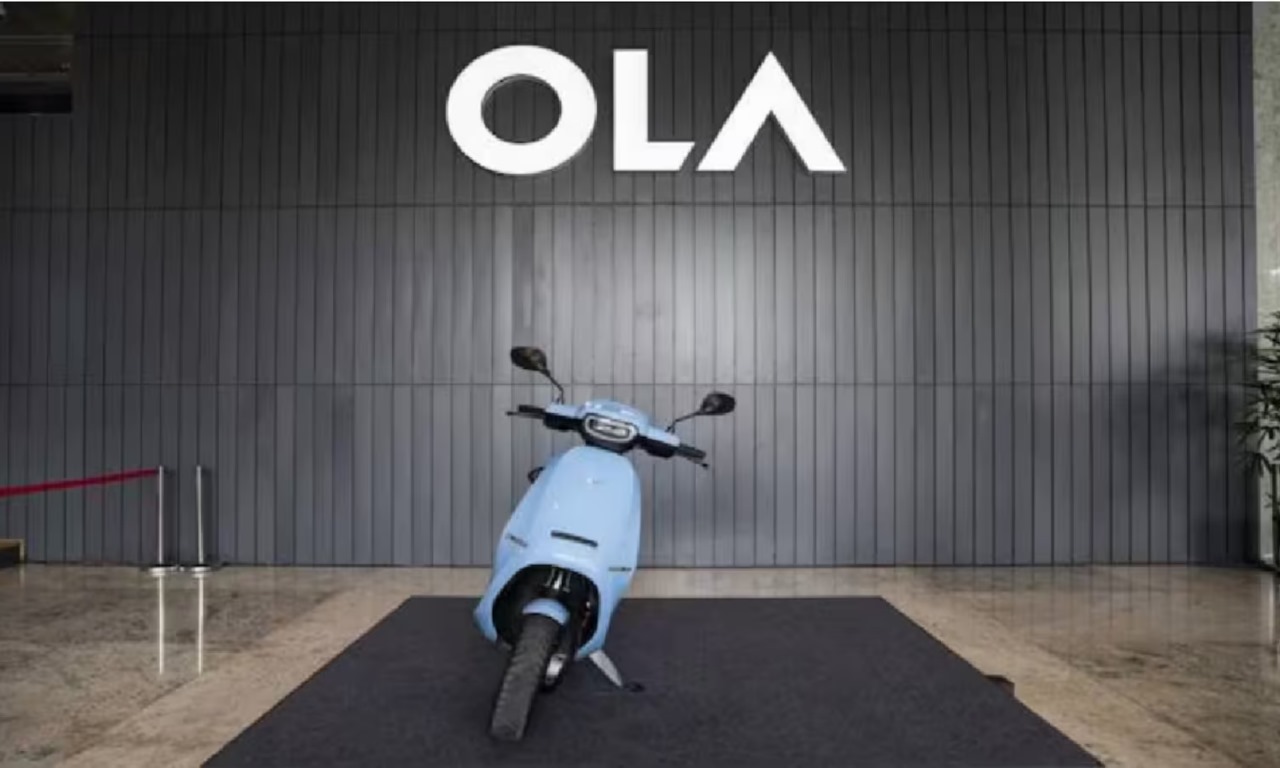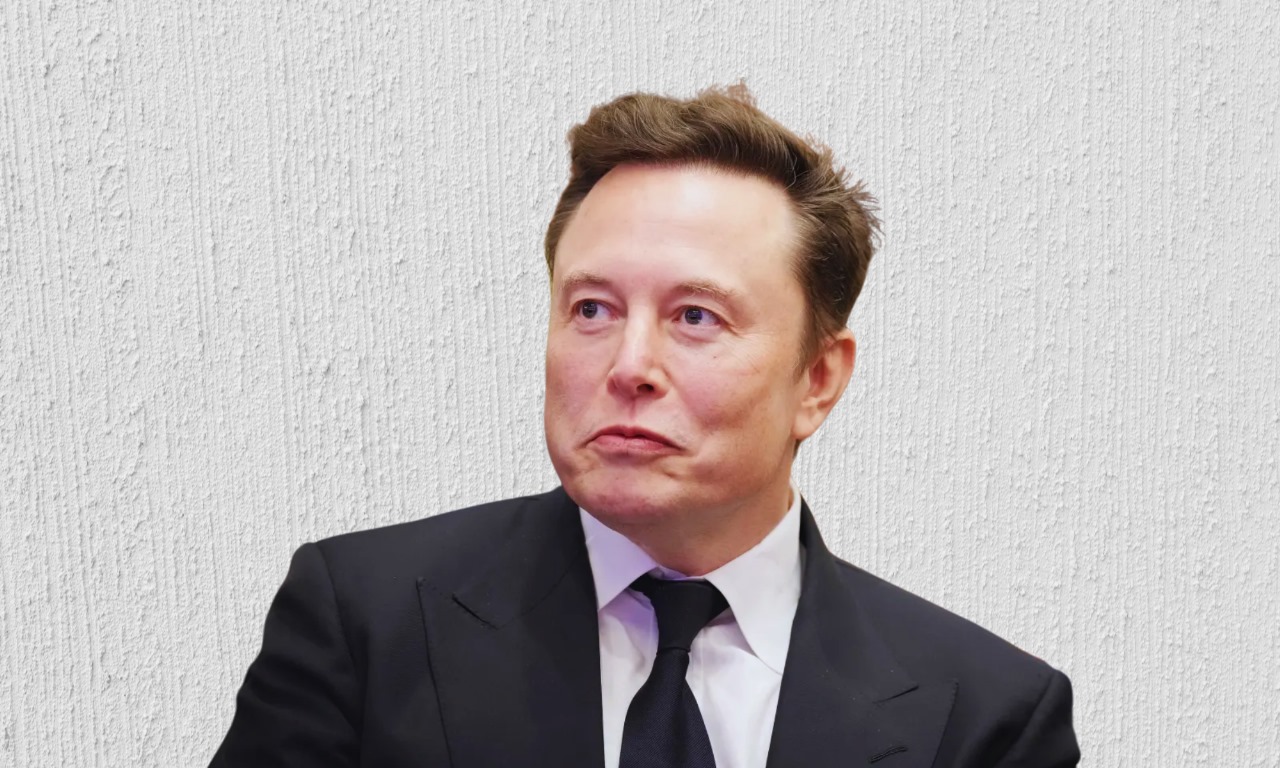Ratan Tata’s Legacy and Tata Group’s Vision: Creating 500,000 Jobs by 2025

Tata Group Chairman N Chandrasekaran shared a heartfelt year-end message honoring the legacy of Ratan Tata while outlining the company’s ambitious plans for the future.
In his message, Chandrasekaran acknowledged the significant humanitarian crises caused by geopolitical unrest, including conflicts in Ukraine, Gaza, and Sudan.
He emphasized the disruptions these events have had on global supply chains. Reflecting on Ratan Tata’s unparalleled contributions, he remarked, “Our Group has lost an irreplaceable role model and leader. And I have lost a cherished mentor and friend.” He further noted that Ratan Tata was “a man whose personality, integrity, and strategic vision shaped our business for a generation.”
Chandrasekaran also reinforced the Tata Group’s core values, stating, “Progress holds little value if it doesn’t enhance human wellbeing.” This message encapsulates the group’s enduring commitment to ethical growth.
Creating 500,000 Jobs in Five Years
Looking ahead, Chandrasekaran outlined a bold vision for the Tata Group, focusing on creating 500,000 new jobs in the next five years.
These positions will span key manufacturing sectors, including semiconductors, electric vehicles, and solar equipment, underscoring the company’s dedication to transforming India’s economic landscape.
He highlighted that these manufacturing opportunities would complement new roles in services across retail, tech, airlines, and hospitality. “This is in addition to the many services jobs we expect to introduce,” he explained.
Chandrasekaran described this initiative as essential for leveraging India’s vast talent pool, adding, “Our enormous pool of young talent will not only contribute to our nation’s future—they will build it, literally, with their hands and with their minds.”
Expanding Manufacturing Capabilities
The Tata Group’s ambitious plans include groundbreaking projects across several states.
Seven new manufacturing facilities are currently under construction, reflecting the company’s investment in India’s industrial development.
Among these projects are India’s first semiconductor fabrication unit in Dholera, Gujarat, and an electronics assembly plant in Karnataka.
Additionally, the group is building an automotive plant in Tamil Nadu, MRO (maintenance, repair, and overhaul) facilities in Bengaluru, and battery cell manufacturing factories in Gujarat.
Chandrasekaran noted these developments signify the group’s focus on advancing India’s manufacturing prowess, positioning the nation as a global leader in industrial capabilities.
Vision for a Bright Future
Chandrasekaran expressed optimism for 2025, calling it “a new manufacturing golden age for India.”
He highlighted the shift in global supply chains, stating, “What might have seemed like a short-term reaction to the pandemic has proved much more enduring.”
This shift positions India as a key player in balancing resilience and efficiency in global trade.
The Tata Group’s commitment to technological advancements and manufacturing excellence aligns with broader trends shaping the global economy.
Chandrasekaran underscored the potential of AI-led innovations in healthcare and mobility, emphasizing their transformative impact on humanity.
“Machine learning is being used more in environmental research, while large language models hold the potential to significantly expand access to clinical care,” he said.
Strategic Investments Across Sectors
Beyond manufacturing, the Tata Group’s initiatives span critical sectors such as retail, technology services, airlines, and hospitality.
These efforts aim to create a ripple effect of indirect employment opportunities, particularly in sectors like semiconductor manufacturing, which offer substantial economic benefits.
Chandrasekaran concluded his message with a hopeful outlook, stating, “India’s economy is strong, and the great trends of the age are in our favour.”
By leveraging its growing manufacturing capacity and talent pool, the Tata Group aims to drive India’s industrial and economic advancement, contributing to a prosperous and resilient future.









